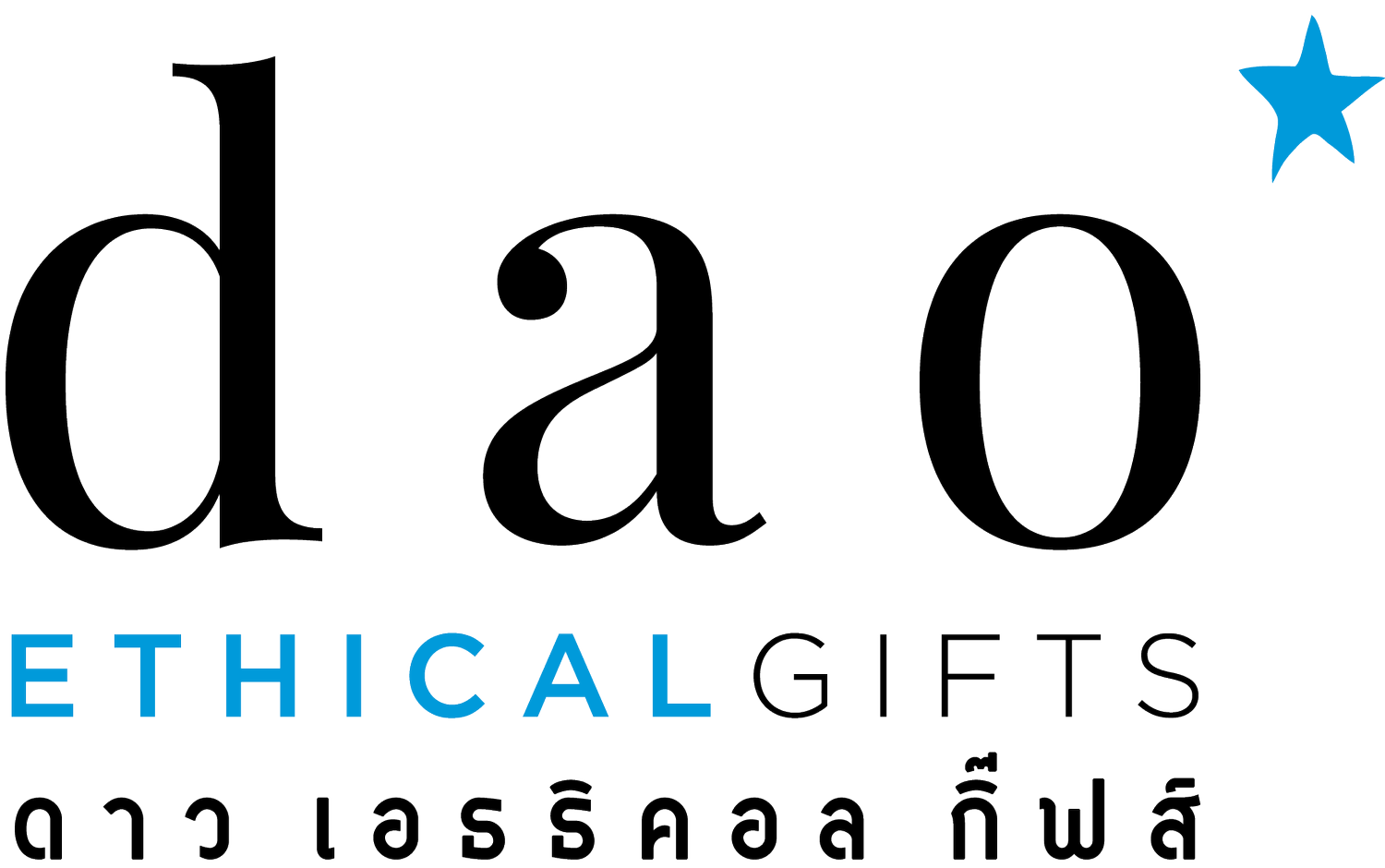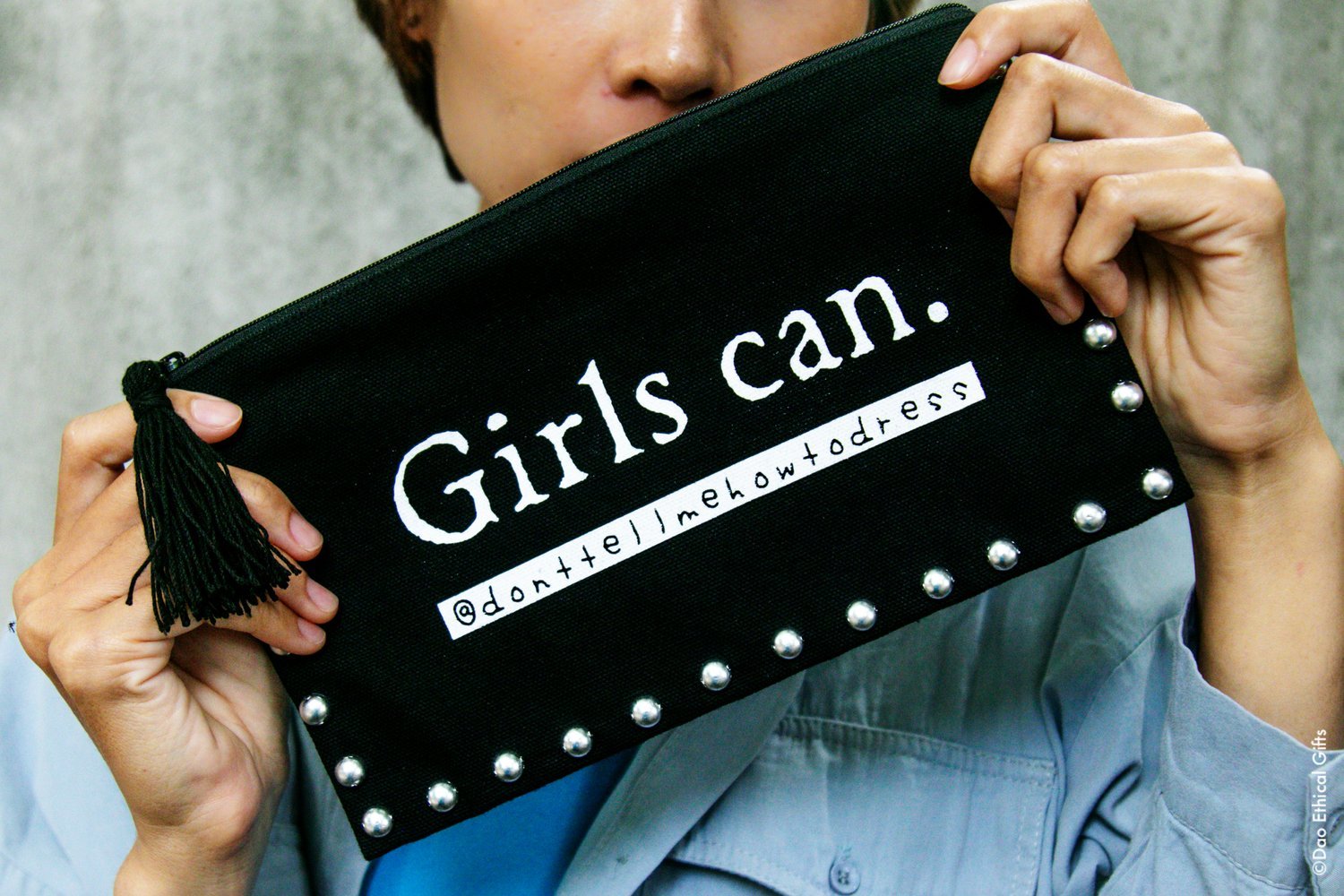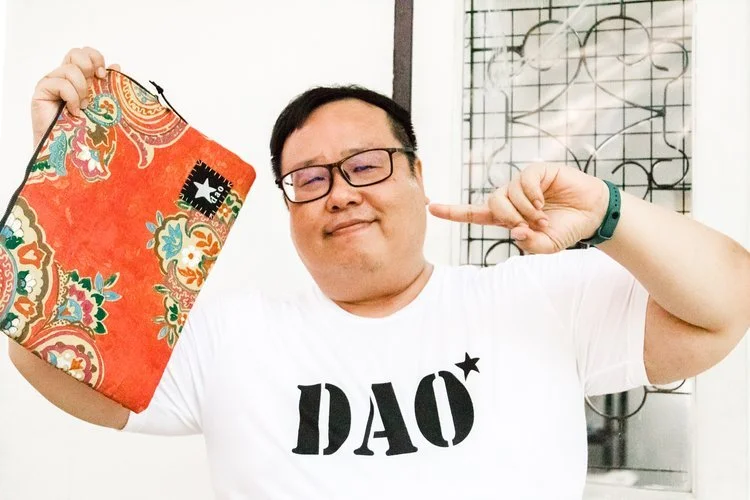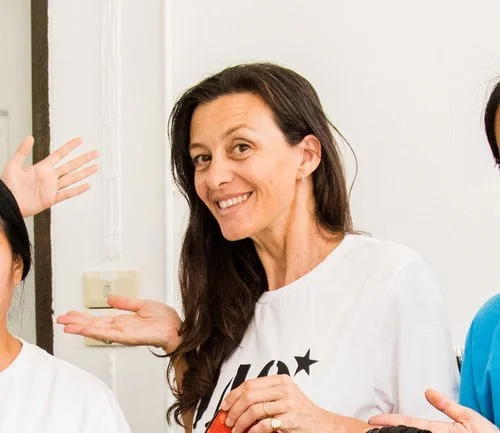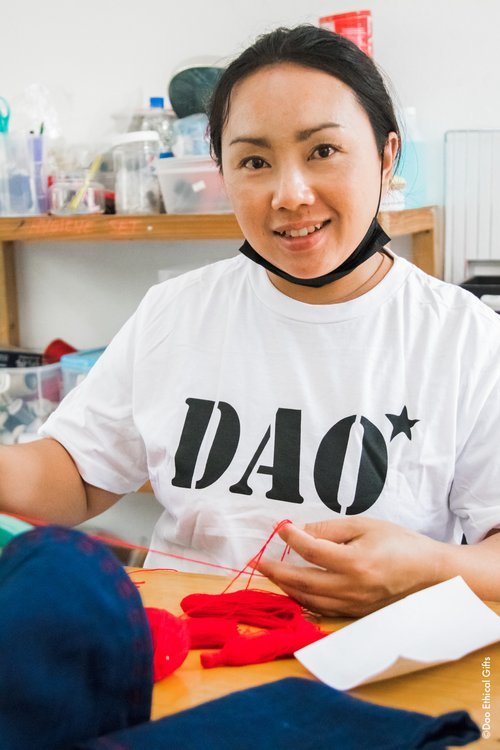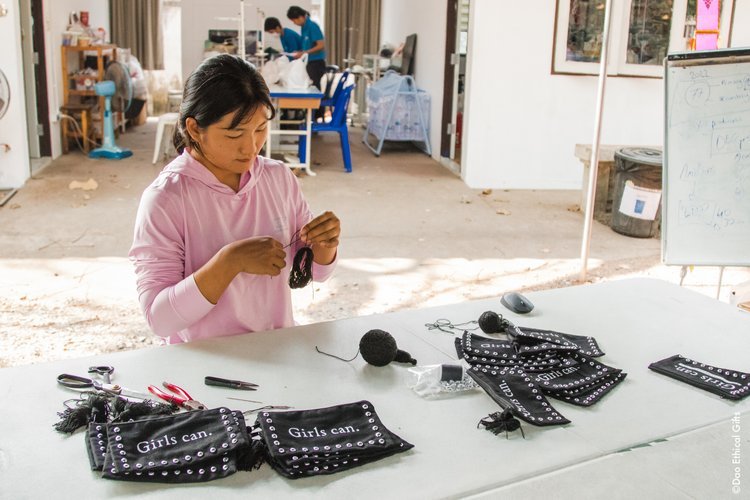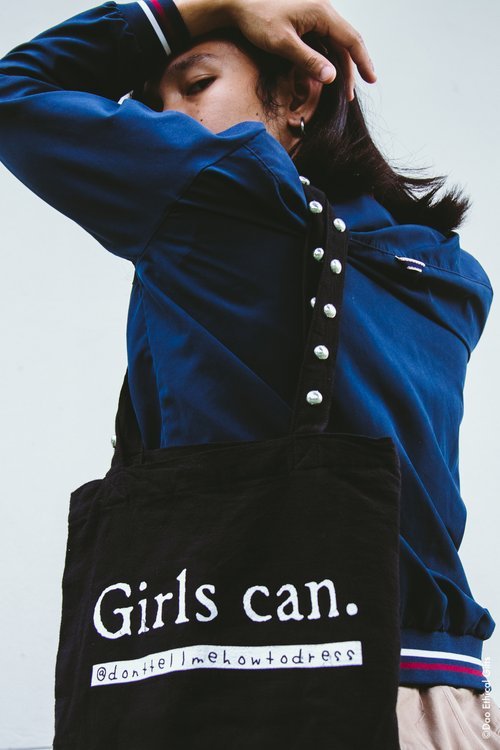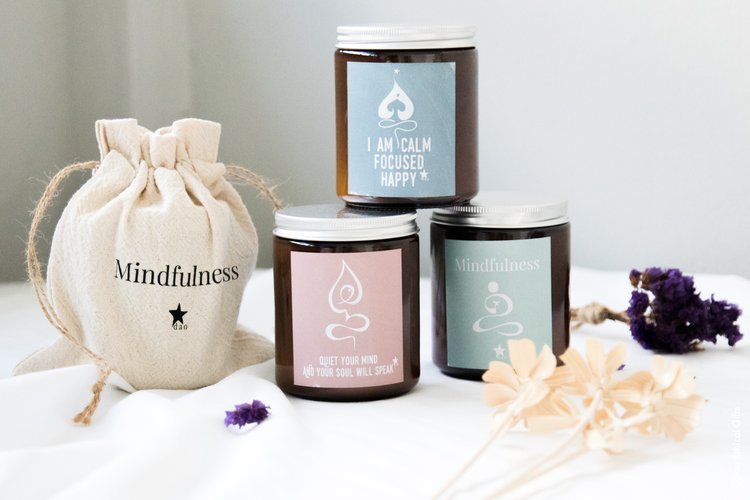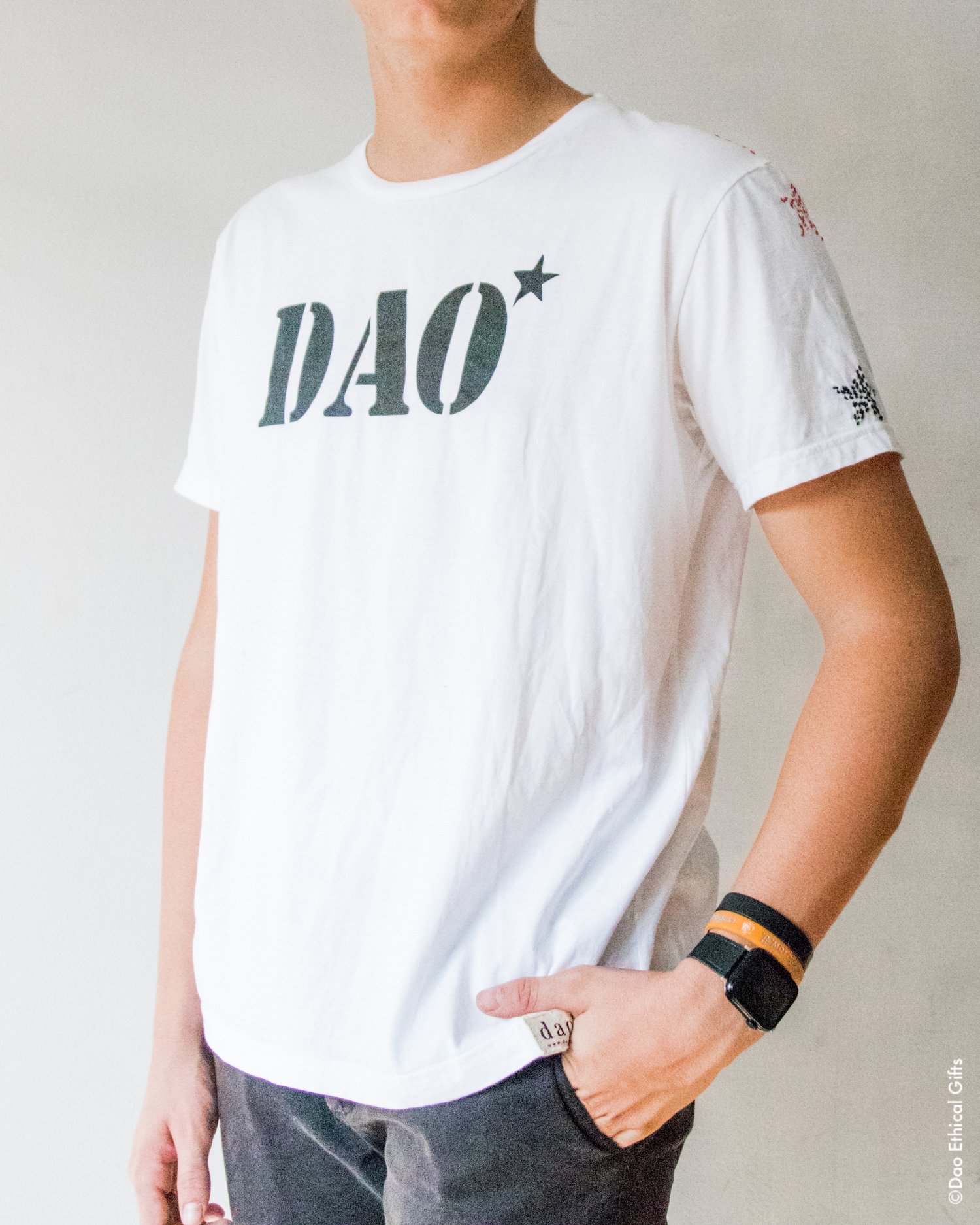The Social Business Model of Dao Ethical Gifts: Creating Positive Change in Thailand
Thailand is known for sandy beaches, spicy food, and gilded temples, but few celebrate its tradition of social entrepreneurship. Centuries ago, the first Thai social enterprises were agricultural cooperatives that empowered low-income communities to tackle rural poverty together.
As a social enterprise, Dao Ethical Gifts continues that proud tradition, empowering marginalized women to break free of the cycle of poverty. To explain its social business model, our team had a chat with Werapong Peansupap, Director of Dao Ethical Gifts, and Magali du Parc-Crosta, Founder of Dao Ethical Gifts and its parent nonprofit Baan Dek Foundation.
Werapong Peansupap, Director of Dao Ethical Gifts.
Magali du Parc-Crosta, Founder of Dao Ethical Gifts and Baan Dek Foundation.
Trapped in a cycle of poverty
To understand Dao’s social business model, we first need to look at the problem of marginalized women in Thailand. But what do we mean by marginalized women?
“The term ‘marginalized’ describes a group that has been pushed to the edge of society, rendered powerless and lacking the influence to break their isolation,” Magali explained. She added that women can be marginalized for any number of reasons: lack of education, belonging to an ethnic minority, mental health struggles, or gender discrimination. “They are trapped in a cycle of poverty.”
This problem is by no means isolated to Thailand. According to Eurostat, a person born into poverty is 68.9% likely to remain poor. However, Dao Ethical Gifts is creating a different cycle.
Empowering women to shine like stars
Baan Dek supports women with training in work readiness, sewing, handcraft creation, and financial literacy through its Dao Women Empowerment Program.
“We build a bridge for marginalized and vulnerable women: We meet them, we make them feel valued and respected for who they are,” said Magali, “helping them to acquire the skills and experience needed to produce handicrafts and earn additional income in a safe working environment.”
“We believe that every woman has great potential. But sometimes, it is hidden or obscured by their surroundings. So our primary goal is to make women shine like stars, or ‘dao,’ the Thai word for ‘star,’” Werapong explained.
Those who graduate the program are able to participate in Dao Ethical Gifts as a fair trade artisan, producing handmade, customizable products that are an alternative to traditional branded merchandising.
“After we pay the women involved in production fairly, 100% of the profit generated is donated to the Baan Dek Foundation to support vulnerable women and increase our social impact,” Magali said. “The more orders we have, the more we will change women's lives.”
She also let on that the product line pays homage to the ethnic cultural heritage of their artisans, adding, “Dao can include textile crafts that use embroidery, hemp and indigo threads, and Akha beads: all locally produced.”
Looking to the future, Werapong said Dao Ethical Gifts won’t stop at the handicrafts business. According to the director, “DEG is continuously looking for other products and services to meet the needs, skills, and interests of disadvantaged women and to meet the needs of the market.”
A commitment to local livelihoods
For the companies partnering with Dao Ethical Gifts, it’s a fantastic chance to kill three birds with one stone: to promote the organization with fair-trade branded merchandise, integrate their corporate social responsibility into corporate products, and make use of signature Thai craftsmanship to affirm the company’s cultural awareness.
Cindy Sirinya Bishop, UN Women Goodwill Ambassador Asia-Pacific, said “I was very happy with the products and loved being able to incorporate the efforts of this women empowerment initiative into my #donttellmehowtodress campaign.”
For the beneficiaries of the social business, the stakes are very personal.
M.S. (whose name has been concealed for privacy protection) said, “Dao helped me out of a dark place by discovering my love for sewing and creativity: I can really be imaginative on the fabric! As a single mother, before Dao I was unemployed and couldn't send my kids to school. I am now able to provide food, a great education, and more quality time with my kids.”
Thailand’s social impact community
Despite the recent stagnation, Thailand has enjoyed remarkable progress over the last 40 years, having risen from a low-income economy to a middle-income economy in the span of a single generation. While there are some unsustainable aspects to its growth and development, there are many in Thailand like the amazing men & women of Baan Dek Foundation and Dao Ethical Gifts who are stepping up for social impact.
“We know that we are not alone. Now, we are getting support from OSEP, SE Thailand Association and SE networks to improve our capacity for the business that is in line with social impact,” Werapong revealed. “We are currently working with the local network, such as the Chiang Mai SE Group, to expand, consult, support, and empower the people or organization with the same goal of making a good impact on society.”
“It is fantastic to be part of the social enterprise ecosystem and join a like-minded community that aims to solve social and environmental problems through innovative initiatives,” Magali said.
As more companies start to see their sustainability as part of their bottom line and not separate from it, social enterprises like Dao Ethical Gifts are poised to find their social impact become a social tsunami.
